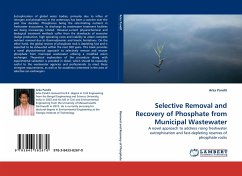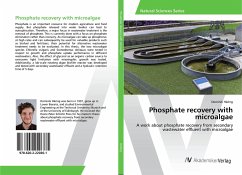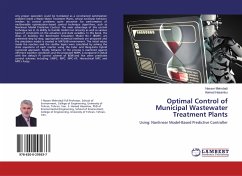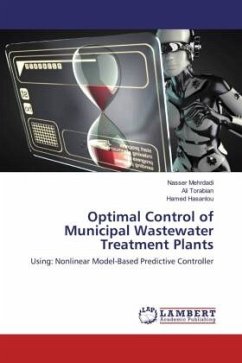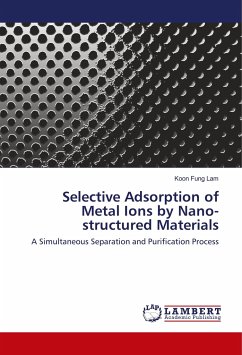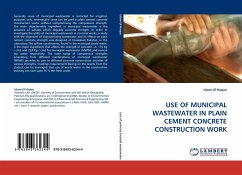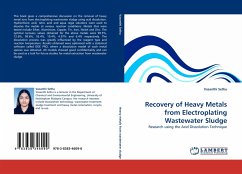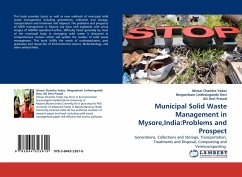Eutrophication of global water bodies, primarily due to influx of nitrogen and phosphorus in the waterways has been a concern over the past few decades. Phosphorus being the rate-limiting nutrient in freshwater ecosystems, its discharge by wastewater treatment facilities are being increasingly limited. However,current physicochemical and biological treatment methods suffer from the drawbacks of excessive sludge production, high operating costs and inability to attain complete nutrient removal due to thermodynamic and kinetic limitations. On the other hand, the global reserve of phosphate rock is depleting fast and is expected to be exhausted within the next 300 years. This book provides a novel physiochemical approach to selectively remove and recover phosphate from municipal wastewater utilizing a modified anion exchanger. Theoretical explanation of the procedure along with experimental validation is provided in detail, which should be especially useful to the wastewater agencies and professionals to meet these stringent requirements, as well as for academics interested in the area of selective ion exchangers.
Bitte wählen Sie Ihr Anliegen aus.
Rechnungen
Retourenschein anfordern
Bestellstatus
Storno

